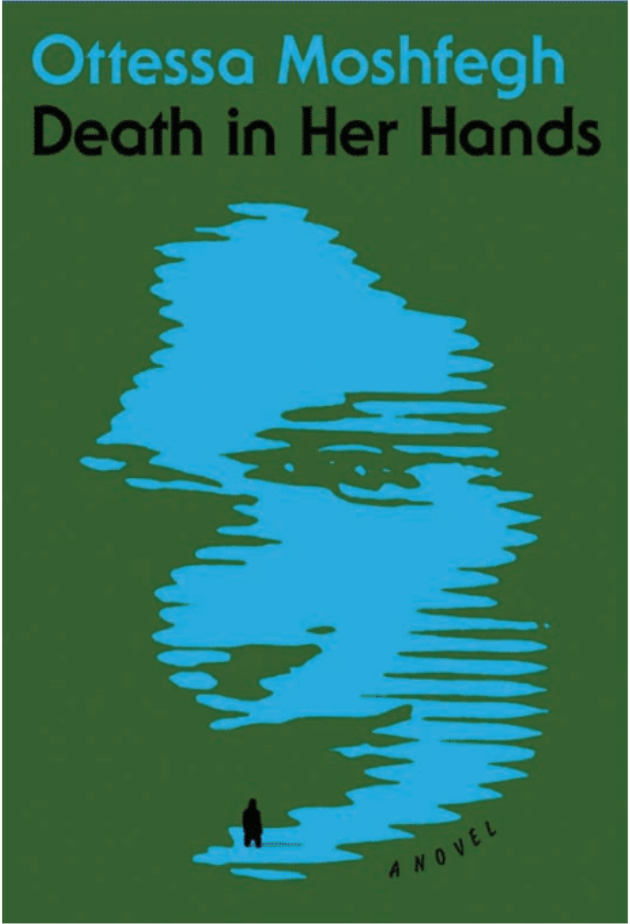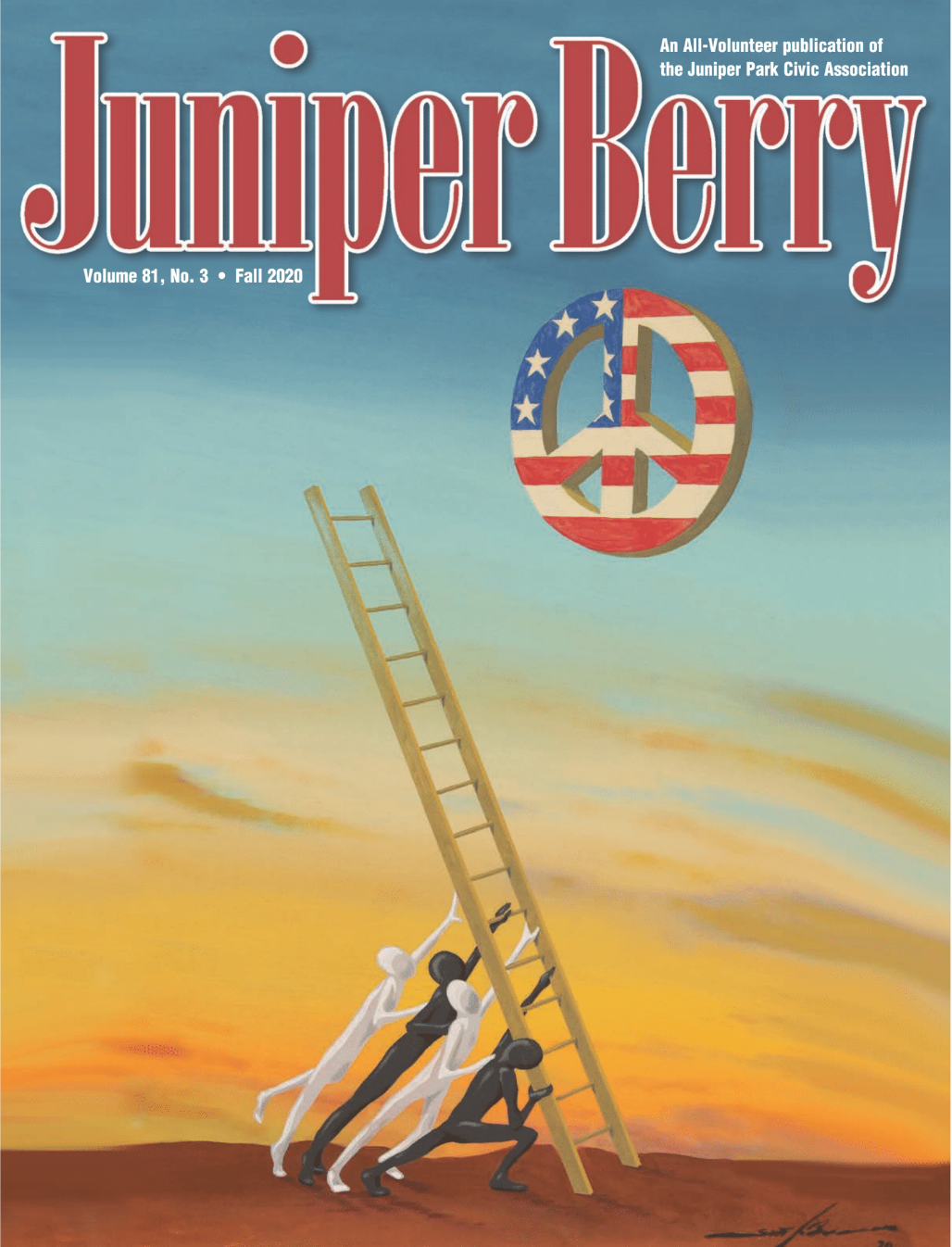Death in Her Hands, the latest effort by Otessa Moshfegh, is one which I really wanted to love. Though her style and prose are just as compelling as ever, they reuse a lot of her most compelling tricks which blunted the book.
Death in Her Hands follows Vesta Gul, an elderly widow who recently moved into a new town with her dog, Charlie. She encounters a note in the woods claiming that the body of a woman named Magda is lying there, and that the writer of the note did not kill her. But nobody is in sight. Vesta decides to invent her own fiction, creating an idea of Magda and of her unknown murderer. She creates a whole image of the murder and what led to it, adding in characters and subplots for everyone involved.
With that said–it’s a sparse book, filled with character introspection and flashbacks. The highlight of the book for me was a chapter devoted to Vesta using a character sheet to create Magda’s backstory, a practice common in creative writing. One of the things I’ve noticed most with Moshfegh’s previous works is the lack of compassion her characters have for themselves, often forgoing common decency for themselves. Vesta is no less cruel to herself, with her living habits meticulously detailed as Moshfegh, a known for doing. We see Vesta’s most mundane details fleshed out and splayed out for us to poke at and question, wondering why she continues in the way that she does.
It’s a trick that Moshfegh has pulled before in many of her short stories and in her two previous novels. While it still works, it feels just a little overdone here. While researching for this review, I discovered that Death in Her Hands is actually an older book of hers which was shelved until now. Armed with that knowledge, it became more obvious as to why it felt just a little mechanical.
The heavy introspection is another common trait in her work, though I had a much less negative response to it. This is a character study at heart, and the long amounts of time spent looking at Vesta’s past and her relationship with her deceased husband. She has no friends, aside from Charlie. She dotes on her dog as best she can, serving him home-cooked meals of chicken breast, sans seasoning.
While the ending will again remain a mystery to you, it was something not quite new for Moshfegh. She’s pulled stuff like this before and it was not quite as compelling as her other reads.
While not as profound as discovering her previous novels, particularly My Year of Rest and Relaxation, Death in Her Hands remains a solid effort. It nails the same sort of tone and approach which her previous novels achieved but I somehow felt just a little bit bored while reading through it. I’d recommend her previous novels over this as a starting point, leaving this book behind unless you’re hankering for more, like I was and will always be.



